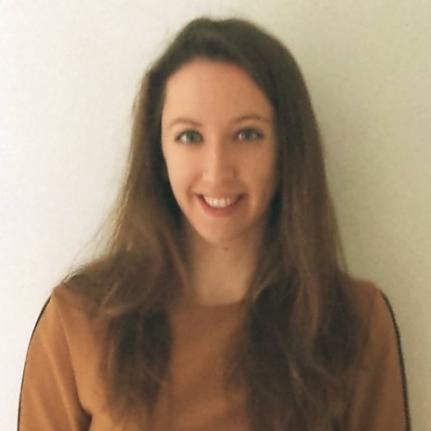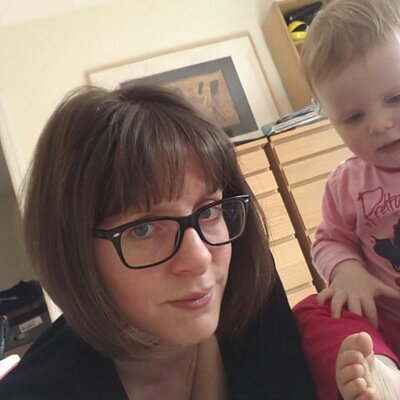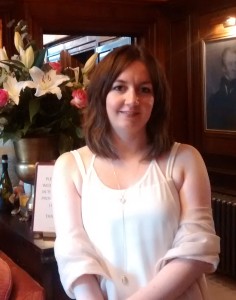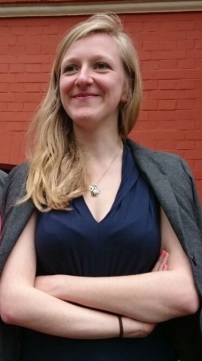
Kate Gibson studied at the Universities of Oxford and York, before moving to the University of Sheffield to work on her PhD. Funded by the Wolfson Foundation, Kate’s research looks at the experience of being an illegitimate child in long-eighteenth-century England. Using a range of sources from royal correspondence to ballads and poor relief records, she is examining the extent to which illegitimate individuals experienced stigma in everyday life, and their levels of practical and emotional integration into their families and communities. She has previously researched and published on the courtship practices of late-seventeenth-century Catholic recusants and on attitudes towards extra-marital sex in eighteenth-century Britain. She is on Twitter @KateGibson22.

Sarah Fox is in the final stages of her AHRC funded PhD at the University of Manchester. Her research looks at the experience of childbirth in the eighteenth-century and what that can tell us about understandings of family and community during that period. Her work looks beyond the medical experience of delivery and tries to identify the social and cultural elements of childbirth, enabling her to engage with an eclectic range of sources including letters, criminal case notes, recipe books, and material culture. She holds a position as ‘Researcher in Residence’ at Bramall Hall in Stockport, which allows her to indulge her wide-ranging historical interests even further. In between deadlines, she blogs at http://www.thehistoryfox.wordpress.com and tweets as @foxvshedgehog.

Maria Cannon is a Lecturer in Early Modern History at the University of Portsmouth, having previously taught on the MA History of Family programme at the University of Limerick. She recently completed her PhD at Northumbria University which looked at parent-child relationships in early modern England and offers a new perspective on how aristocratic and gentry families negotiated disorder and crisis within patriarchal and hierarchical structures. Her research posits a new, temporal conception of childhood as a status held throughout life, the obligations and expectations of which influenced individuals and the decisions they made. She is interested in the expression of emotions in families and how families adapted to changes in structure through the life cycle. Her postdoctoral work will focus on the challenges posed by remarriage and the blending of families in early modern England. She is on Twitter @_mariacannon.

Mirjam Galley studied at Humboldt University of Berlin and taught at the University of Bamberg before she came to the University of Sheffield for her Wolfson-funded PhD. Her research looks at residential childcare institutions in the post-Stalinist Soviet Union, examining how the Soviet state tried to shape children from marginalized social groups into useful socialist workers, and how that experience shaped these children’s subsequent lives. Her previous research covered the subject of gang life and cultures of violence among street children during Stalinism. She tweets as @M_E_Galley